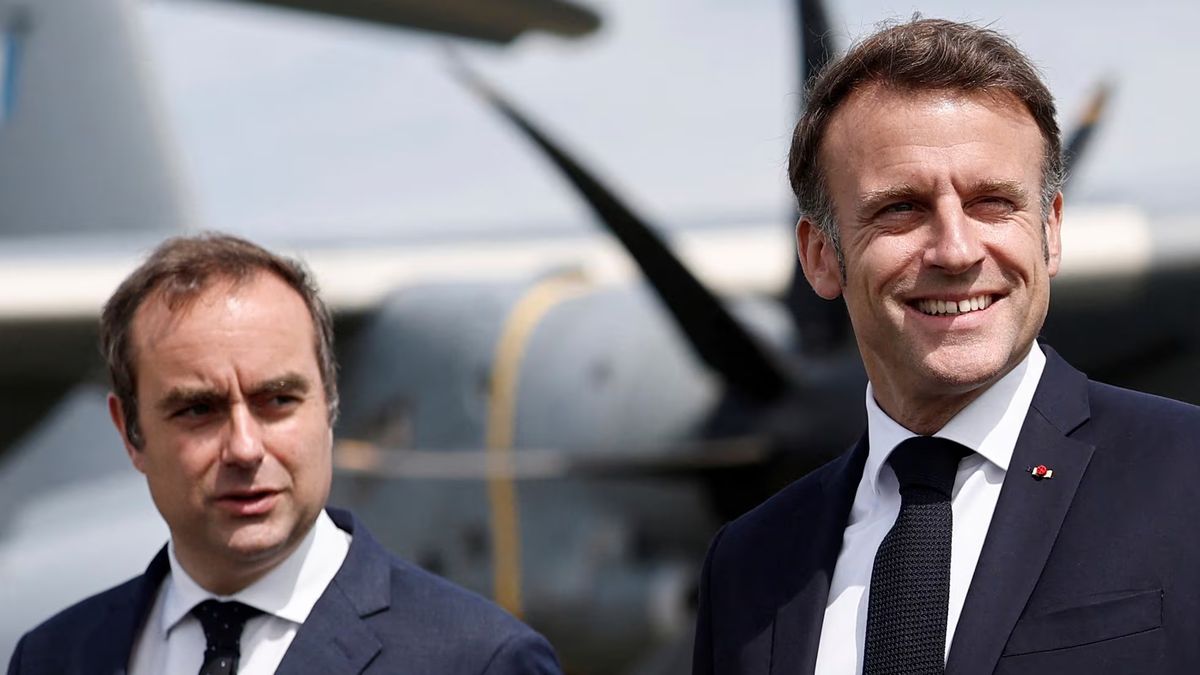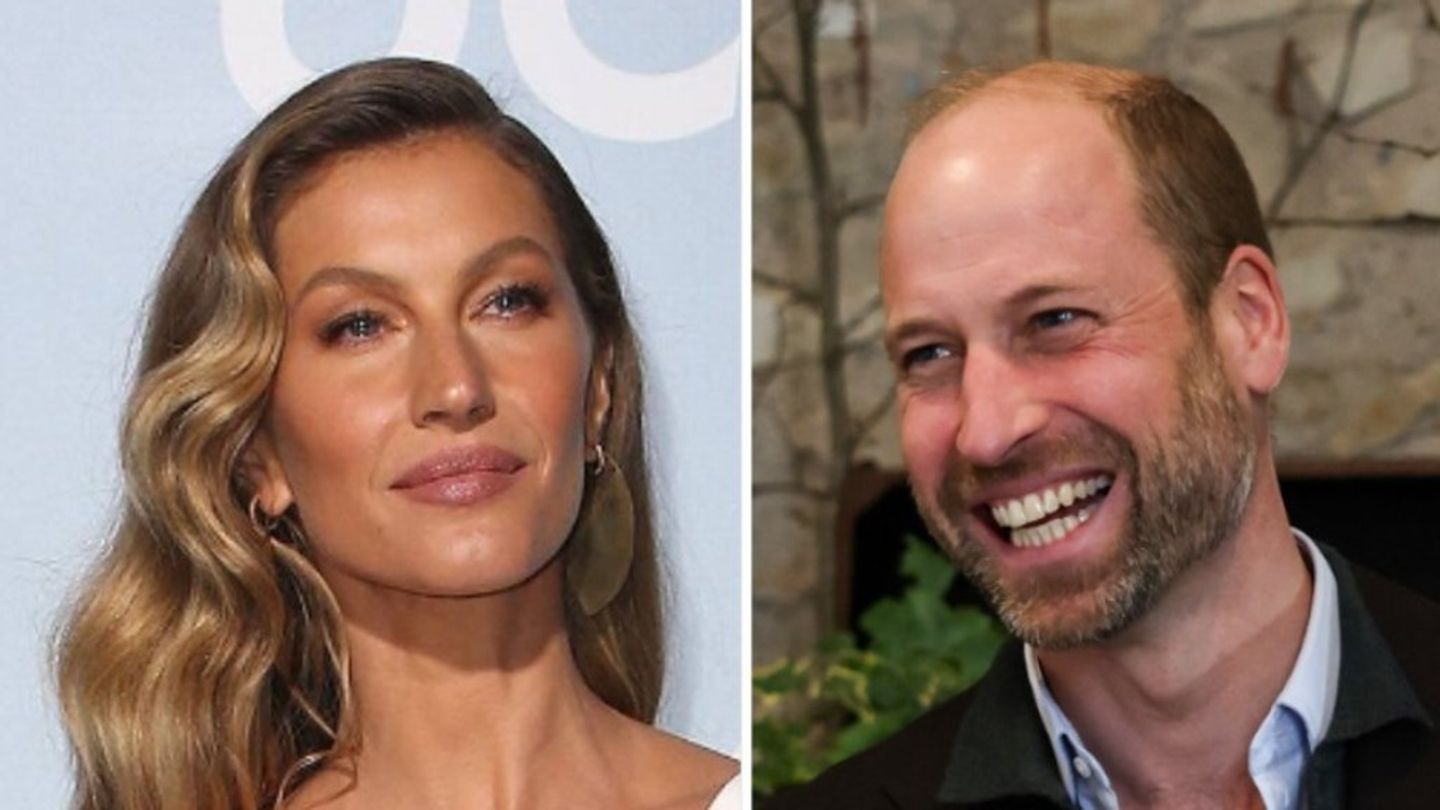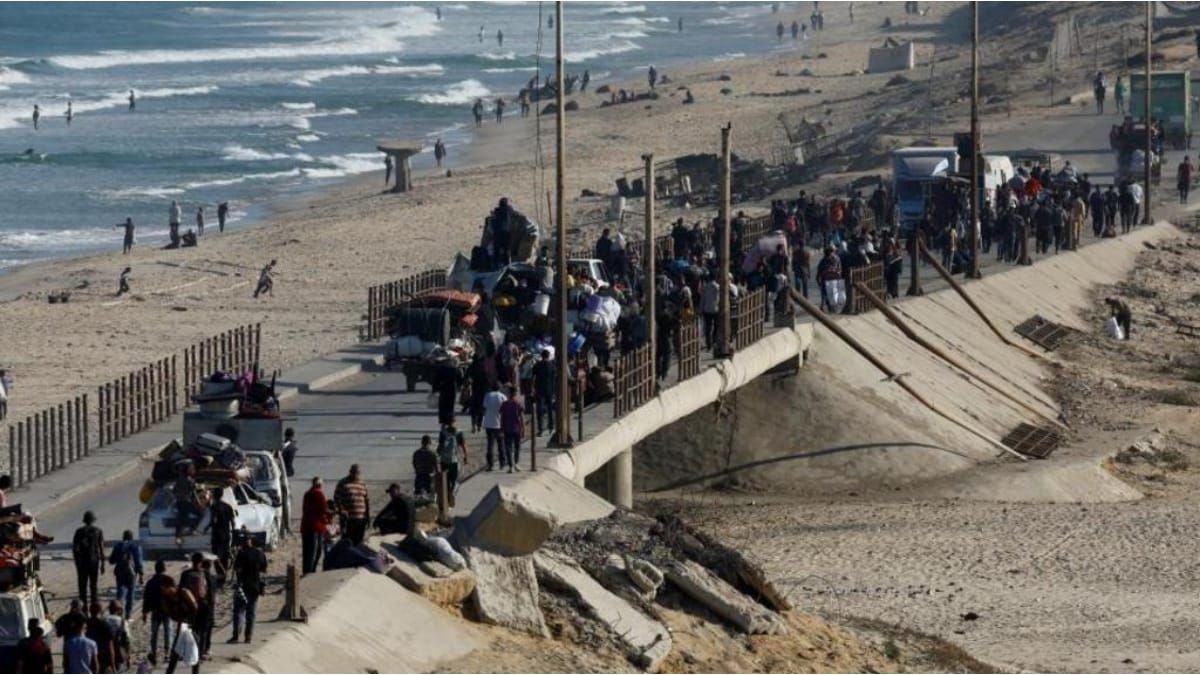Western states have seized more than 150 billion euros in Russian assets. There is agreement: Ukraine should benefit from this. But how?
The major democratic industrial nations are wrestling with how they can use frozen Russian capital to benefit Ukraine.
Finance Minister Christian Lindner and his French colleague Bruno Le Maire insisted on the sidelines of a G20 finance ministers meeting in Sao Paulo that only income such as interest profits from these assets should be channeled to Ukraine. The USA, on the other hand, is putting pressure on them: they would prefer to collect Russian money directly.
Russian assets worth 285 billion US dollars (262 billion euros) are currently frozen, said US Treasury Secretary Janet Yellen in Sao Paulo. The coalition of G7 countries, allies and partners must “urgently find a way to unlock these assets to support Ukraine’s ongoing defense struggle and long-term reconstruction.” Seizure of the assets is the easiest option.
Sunak: Ukraine must be supported
British Prime Minister Rishi Sunak also recently called for more decisive action to support Kiev. As a first step, billions in interest would have to be sent to Ukraine. But then the leading Western industrial nations would also have to find legal ways to confiscate the assets themselves and pass them on to Ukraine, he wrote in a guest article for the Sunday Times.
In Sao Paulo, Le Maire made the EU states’ point of view clear. “We have no legal basis to seize Russian assets at this time,” he said. Le Maire appealed to the international community not to do anything that would violate international law. Lindner emphasized that the EU’s plan was “a realistic, legally secure step that can also be implemented in the short term.” “And that’s what we’re focusing on,” he said.
The EU recently created a basis for the use of proceeds from the custody of frozen Russian central bank funds for Ukraine. First of all, it should be regulated that extraordinary income must be kept separately in the future. In a second step, it is planned to provide income for the reconstruction of Ukraine, which was attacked by Russia. Lindner said he expects a proposal for legal implementation from the European Commission shortly.
Amount increases
The German Finance Minister explained that the amount is initially in the single-digit billions, but will continue to grow in the coming years. According to the Commission, more than 200 billion from the Russian Central Bank have been frozen in the EU. The financial institution Euroclear recently announced that it had made around 4.4 billion euros in interest income in 2023 that was related to sanctions on Russia. Euroclear is by far the most important institution in the EU that holds assets of the Russian central bank.
The EU states reject expropriation in the true sense because of legal concerns and likely retaliation. Moscow had already warned the EU last year not to confiscate the property of the Russian state or Russian citizens. It would be conceivable, for example, that companies operating in Russia from EU countries would also be forcibly expropriated. In addition, direct use of Russian assets could also lead to other states and investors losing trust in the European financial center and withdrawing assets from the EU.
Source: Stern
I have been working in the news industry for over 6 years, first as a reporter and now as an editor. I have covered politics extensively, and my work has appeared in major newspapers and online news outlets around the world. In addition to my writing, I also contribute regularly to 24 Hours World.




